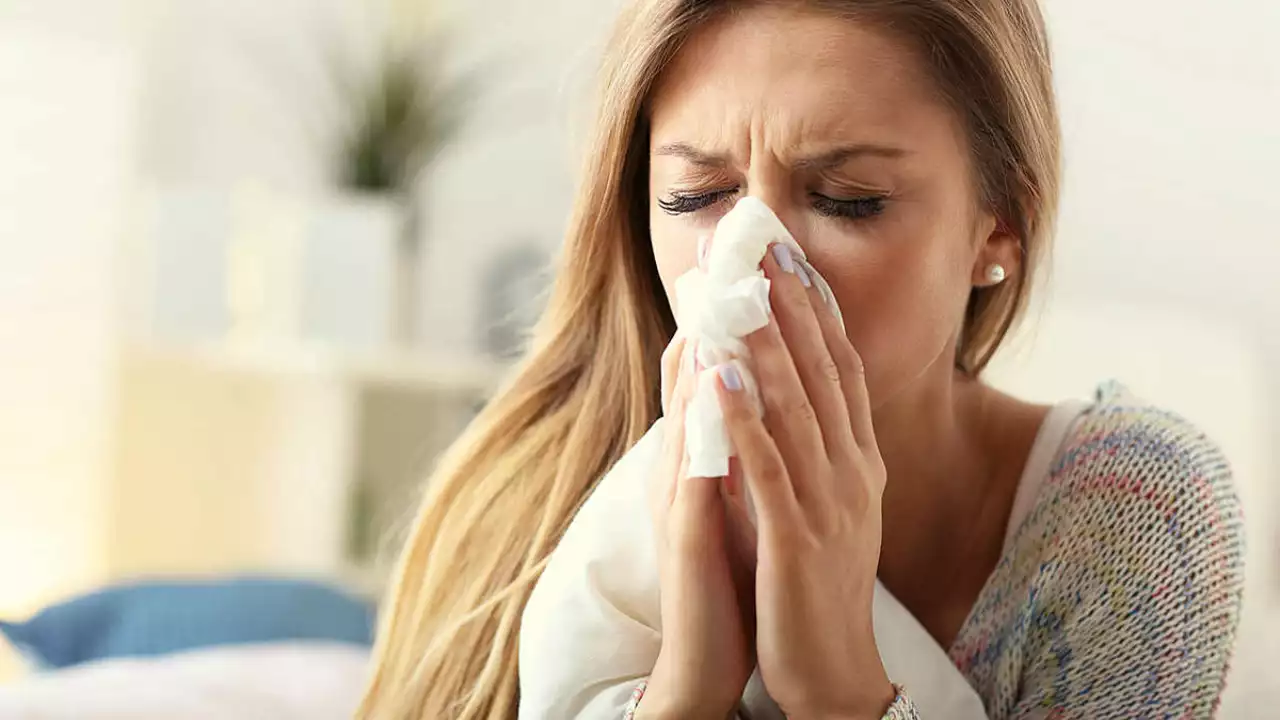In August 2023 we published a practical guide about how certain foods can make your nose run. That single post breaks down which foods cause nasal drip, why it happens, and simple steps you can take right away to stop it.
Spicy foods are the top offender. Capsaicin in chili peppers stimulates nerves in the nose and causes a reflex that produces clear mucus. Dairy gets blamed often — for some people it thickens mucus feel, but it mainly irritates if you have a dairy sensitivity. Cold drinks and ice cream can trigger a quick runny nose in sensitive people. Alcohol and hot coffee dilate blood vessels and can increase nasal secretion. Foods high in histamine — like aged cheese, smoked meats, and fermented products — can trigger symptoms if you are histamine-sensitive.
Start by keeping a short food diary for a week. Note what you eat and when your nose runs. Try removing one suspect food for three days to see if the drip stops. When symptoms come on, pinch your nose and breathe through your mouth briefly to clear mucus, then rinse with saline spray. A cool compress under the nose can reduce running. If histamine-rich foods seem to cause problems, try a low-histamine day and compare. For suspected dairy issues, try lactose-free or a small test portion.
Over-the-counter antihistamines can help if the runny nose is allergy-related or histamine-driven. Nasal saline irrigation reduces mucus and removes irritants. Avoid heavy, greasy meals if they seem to worsen symptoms — food volume and temperature matter. Spicy cravings? Try milder spices or add yogurt-based sauces that may blunt the capsaicin effect.
If the runny nose is sudden and only lasts a minute after cold drinks, it's usually harmless. Watch for red flags: persistent heavy drainage, blood in mucus, difficulty breathing, facial pain, or high fever. Those signs mean see a healthcare provider. An ENT or allergy specialist can test for food sensitivities and rule out infection or chronic rhinitis.
The August post includes quick examples you can try today and a simple chart listing common triggers and alternative choices. It’s a short, practical read designed to help you spot patterns fast and make small changes that reduce nasal drip.
Want the full details from that post? Head to the article titled Can certain foods cause a runny nose? The truth about diet and nasal congestion for examples, tips, and a clear action plan you can use at home.
Quick swaps that often work: choose cooked vegetables over raw cold salads if cold-triggered, pick low-histamine proteins like fresh chicken or fish rather than aged meats, replace hard cheeses with young cheeses, and sip warm water instead of icy drinks. Carry travel-size saline spray if you expect triggers. If symptoms happen at restaurants, ask about ingredients — sauces and marinades often hide aged or fermented items. Keep a photo log of meals and symptoms to spot links fast over two weeks.

Well folks, brace yourselves for a culinary rollercoaster! You won't believe this, but your beloved snacks might be the sneaky culprits behind that sniffling nose! Yes, you've heard it right, certain foods can indeed cause a runny nose. It's a wild world out there, where even the innocent-looking chili or dairy can turn your nostrils into a mini waterfall. So next time, before you dive into that spicy taco or creamy ice cream, remember, it might just be a nose-tickling time bomb waiting to explode!
